Welcome to issue 76 of the Call to Comms!
As we announced in our last newsletter, Call to Comms is moving to a bi-weekly publication.
In the middle of each month, you'll find a recap of relevant, timely news and updates on our work; at the end of the month, we'll share a story, whether it's about someone who benefits from our action, works at TSF or has expertise on the subject of technology and humanitarian action.
Thank you for supporting us!
Hurricane Beryl
For many, this was their first opportunity to call and hear their loved one's voices after the disaster.
With the relief phase now over, our team completed its response by ensuring that people have access to connectivity during their recovery process, handing over to national stakeholders.
Meet Irinah, Manager at the IT Cup Center
Meet Irinah, who’s been a humanitarian worker at TSF in Madagascar for nearly 10 years.
Call to Comms: You’re part of TSF’s team in Madagascar. Can you explain your role at TSF?
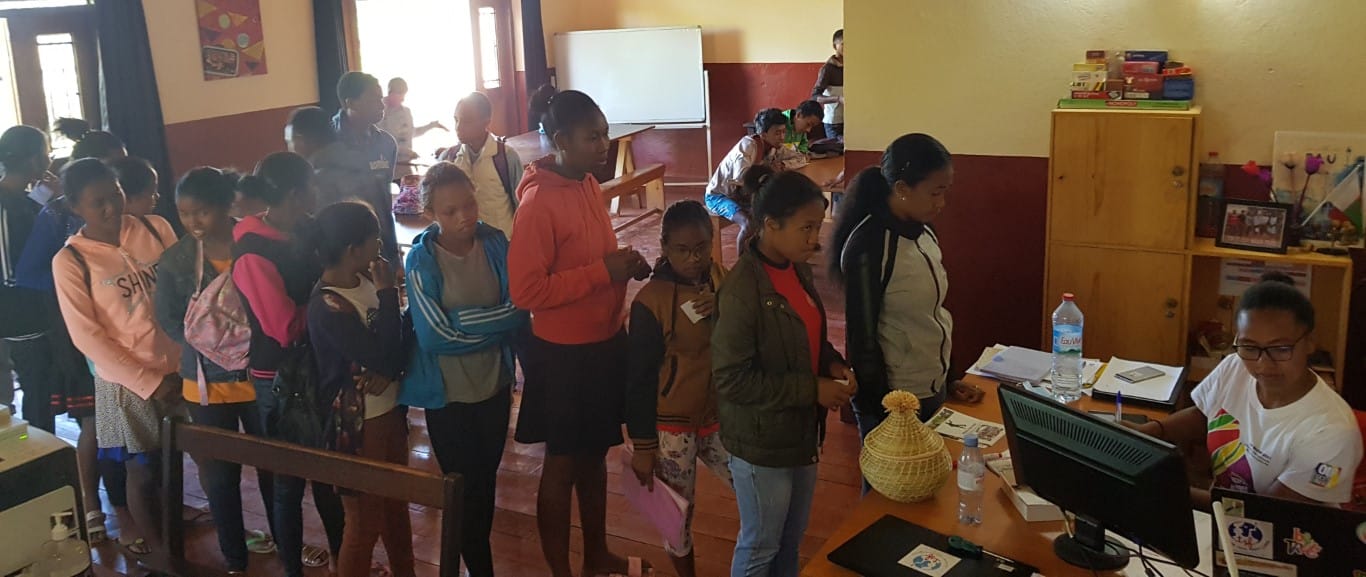
Irinah: "I've been the manager of the ITCUP Miarinarivo center since September 2015, a long-term TSF project launched in 2012. Initially, our aim was to reduce the digital divide in the Itasy region by opening a cybercafé and offering Internet training to the general high school. Subsequently, we developed extracurricular activities and opened cartographic training sessions for a wider audience.
This year, we have restructured the center to follow TSF's vision with a new strategy. We aim to improve access to information and promote digital inclusion by strengthening the population's basic IT skills.
My main role is to ensure that the center runs smoothly and meets its objectives. I also take part in the activities and training courses we offer at the center.
“To connect to the Internet, you have to pay the equivalent to a midday meal for one person.”
Call to Comms: Why is digital inclusion important in Madagascar in your opinion?
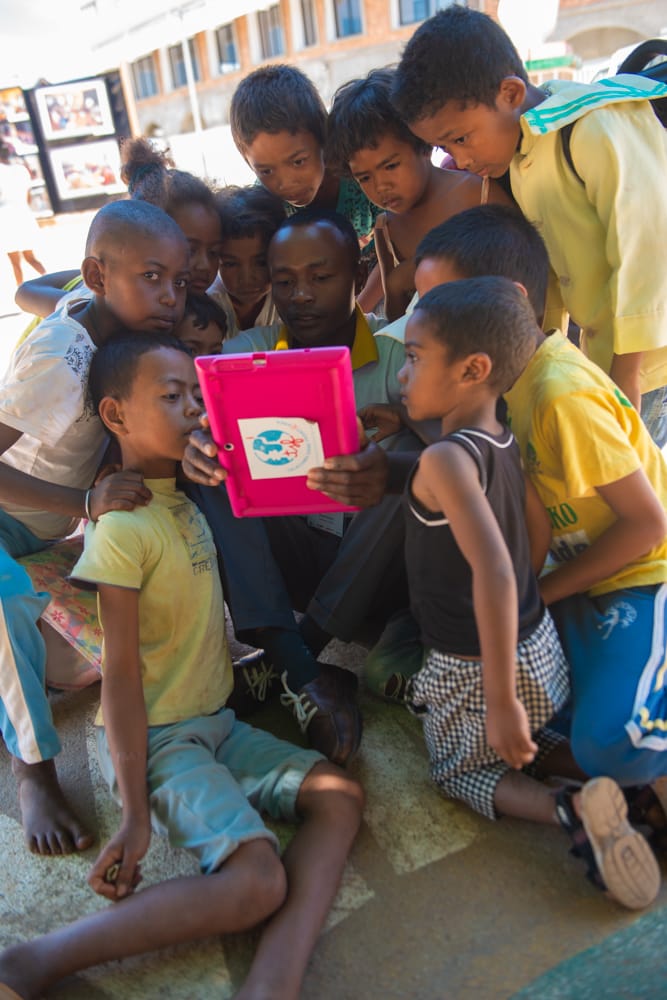
Irinah: Digital inclusion is crucial in Madagascar, as Internet access remains difficult and expensive due to poverty. For example, to connect to the Internet, you have to pay 3,000 Ar, which is equivalent to a midday meal for one person. What's more, the population often doesn't have the necessary equipment, and digital technology is not yet a priority compared with essential needs such as nutrition and income.
“It is essential to develop digital inclusion so that everyone can benefit from services without discrimination.”
However, many services, both public and private, use digital platforms. For example, civil servants must now use mobile apps to withdraw their salaries, otherwise they have to queue at the bank. Similarly, municipal accounting is digitized and only accessible online. It is therefore essential to develop digital inclusion so that everyone can benefit from these services without discrimination.
Call to Comms: What challenges do you face in your work?
Irinah: One of the major challenges I faced, and one that remains a work in progress, was to convince the mayor and commune of Miarinarivo of the benefits of digital technology (email, social networks and other communication applications).
For the mayor, digital was perceived negatively, as a cultural threat and a potential source of insecurity due to its high cost. In 2015, I started by teaching him how to use an email (which I created for him) and suggesting he create a Facebook page to improve the commune's visibility.
Today, his email is still active and he has developed several partnerships thanks to his exchanges. The Facebook page is also active, increasing the visibility of cultural events organized by the commune. Recently, I helped him set up his WhatsApp account to facilitate access to information from other public services and exchanges with other authorities for the development of the town.
Call to Comms: What experience stayed with you while working for TSF?
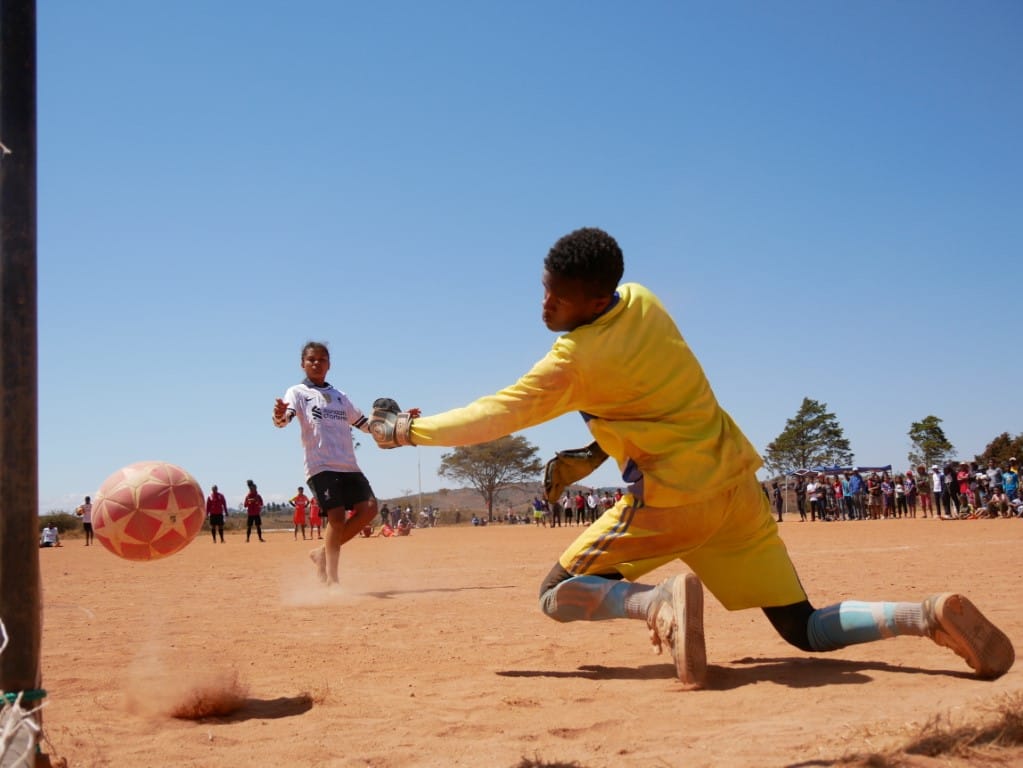
Irinah: My most memorable experience at TSF was organizing the center's 10th anniversary. During this event, I had to learn the rules of international soccer to organize the tournaments, as all the staff were men and I was a bit left out as a woman, supposedly not familiar with this field. I was very happy because the tournament team won thanks to a girl in the penalty shoot-out, since we were mixed teams.
“I pass on knowledge so that people can have more stability in their lives thanks to digital tools.”
Call to Comms: And finally, what motivates you in your work?
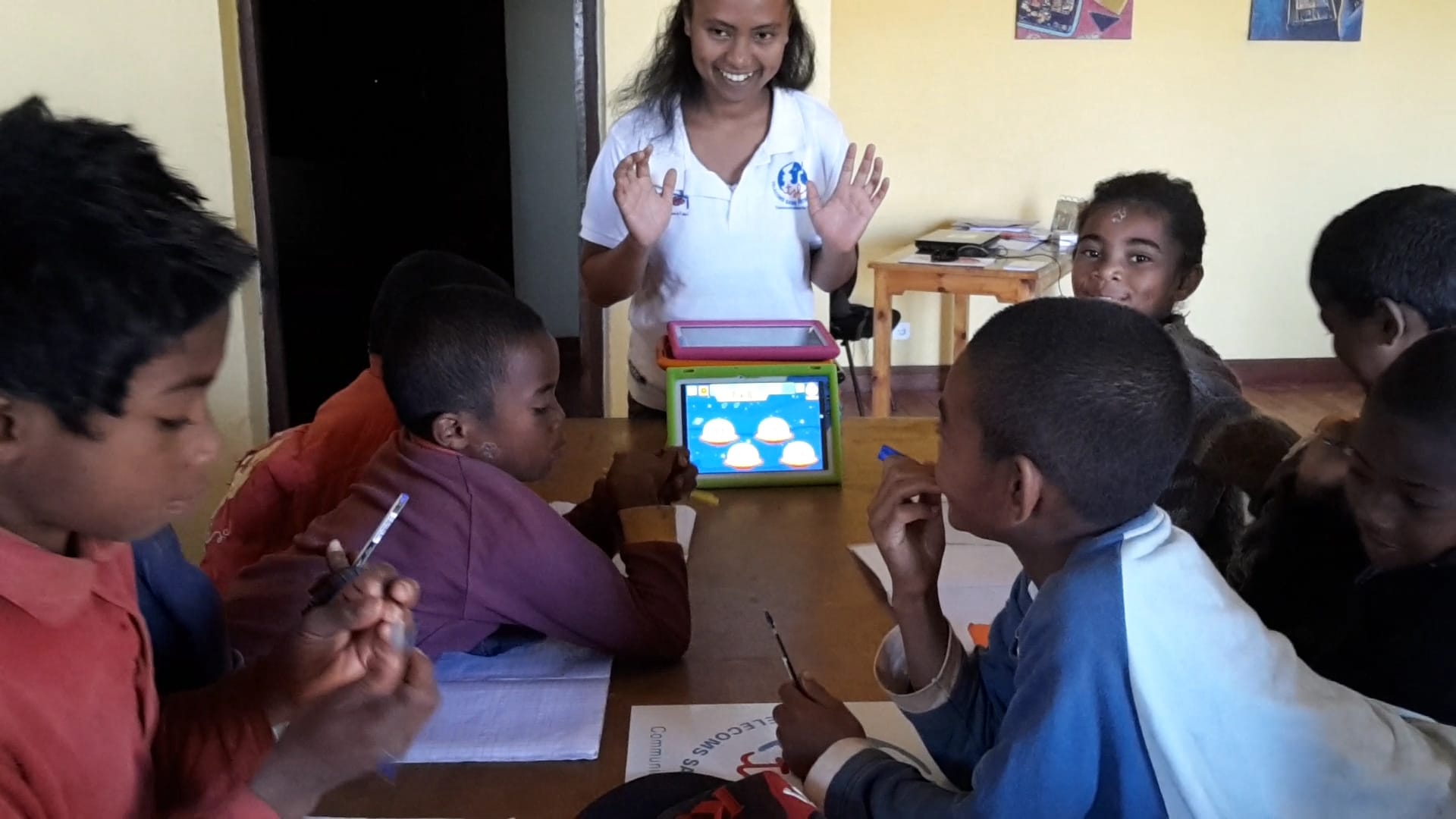
Irinah: What motivates me most of all is having a good team behind me. It's like in a soccer match: you can't achieve a goal without working together.
What's more, given the situation in Madagascar, access to knowledge and information is still very limited. According to the National Education report, only 30% of children are able to attend pre-school, and of course to finish high school.
“Some beneficiaries have told me that their time at the center has opened up new opportunities and ensured a better future.”
At the ITCUP center, I've become a mediator between the digital world, the Internet, information and the general public. I pass on knowledge so that people can have more stability in their lives thanks to digital tools.
Many beneficiaries have been able to solve their problems thanks to this, such as taking administrative steps, continuing their studies or contacting their loved ones. Some have told me that their time at the ITCUP center has opened up new opportunities and ensured a better future."
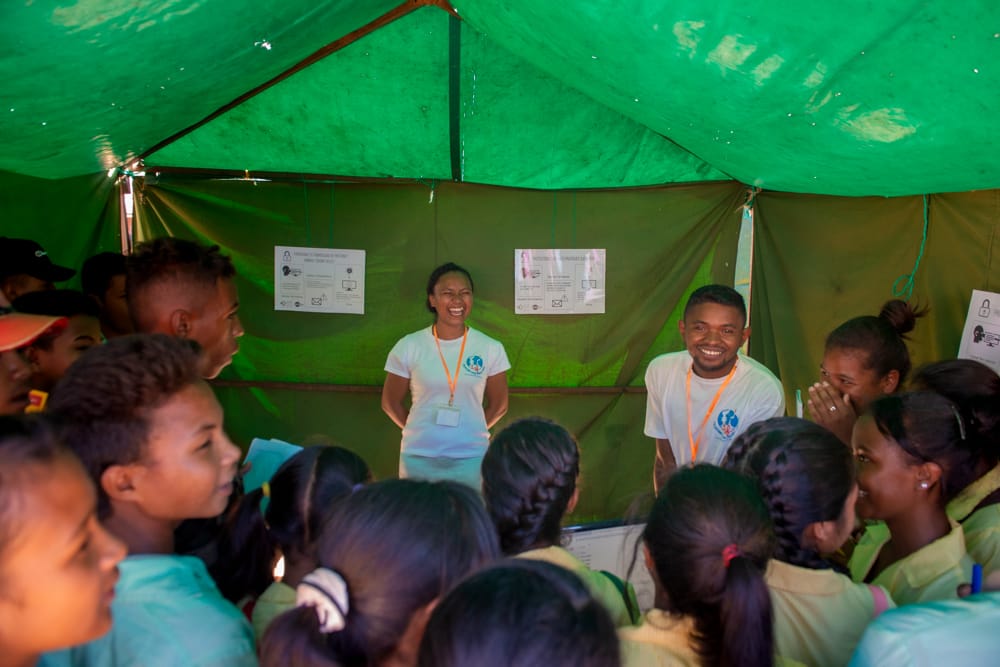
See you in two weeks!
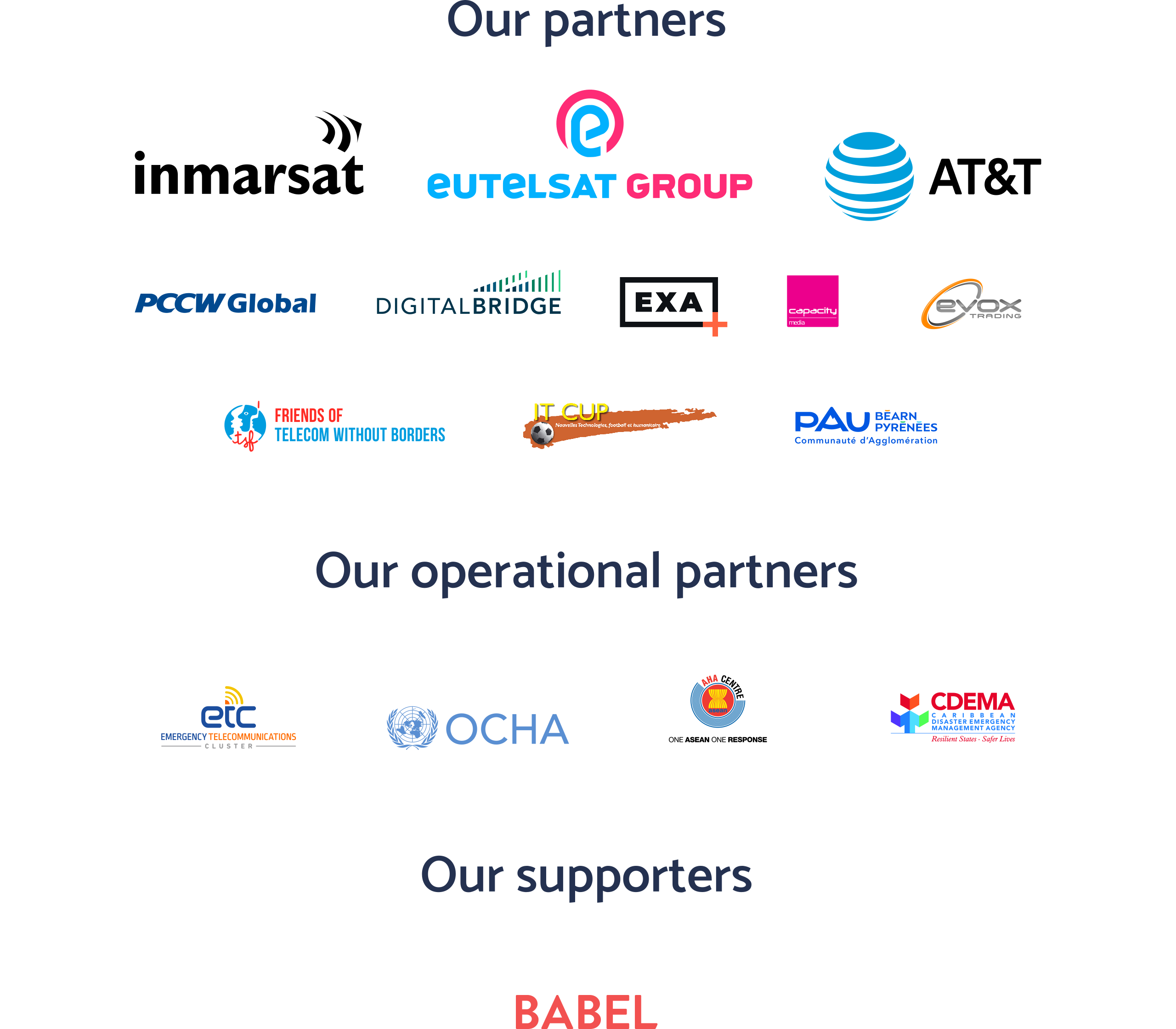


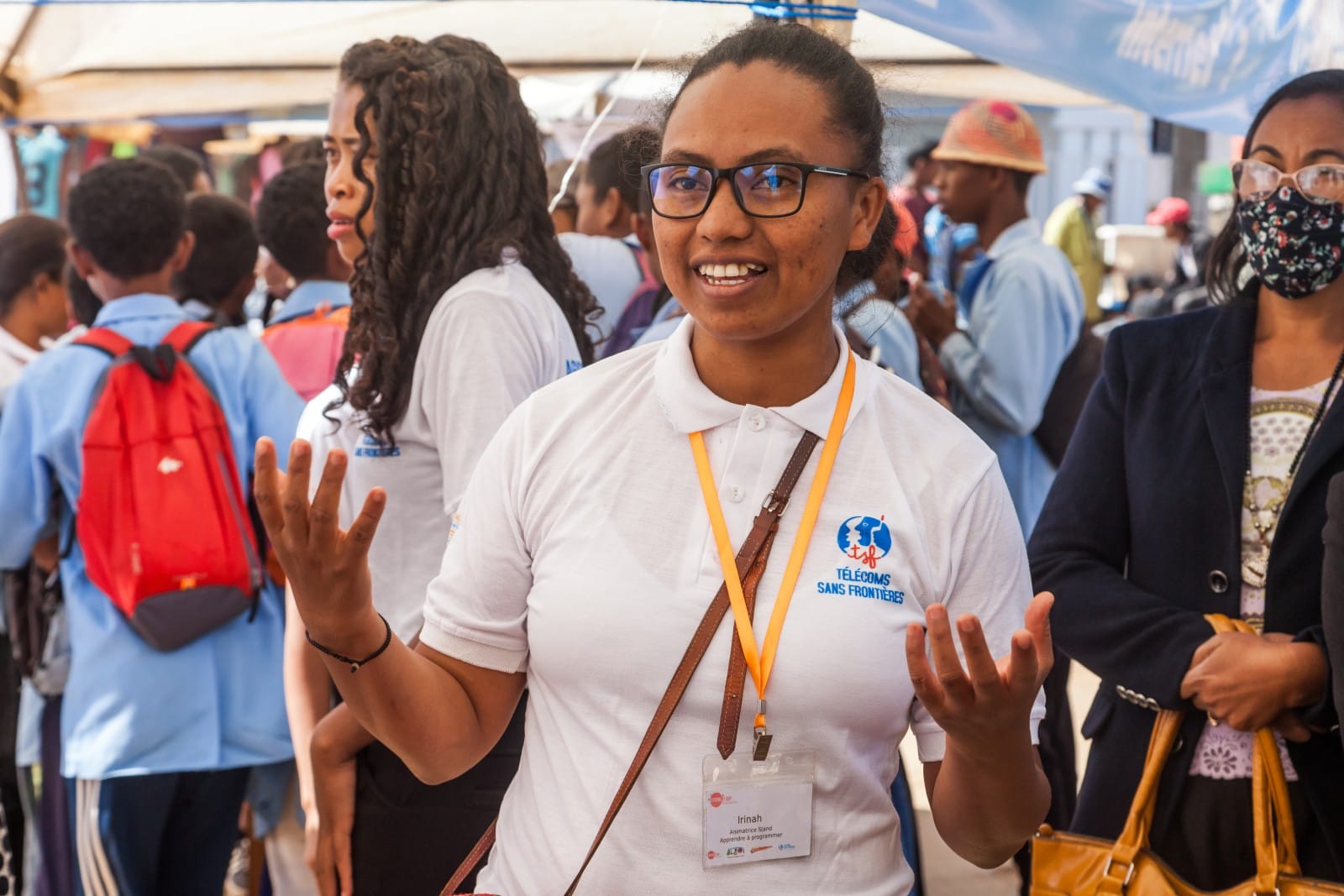



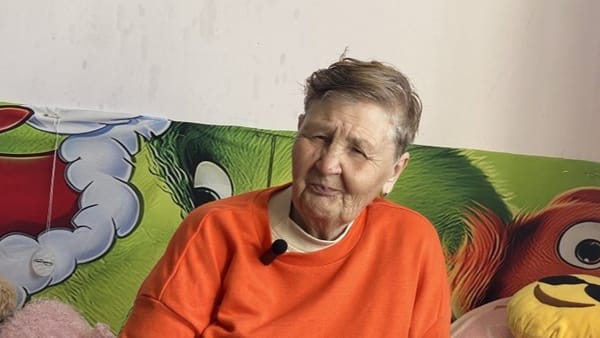
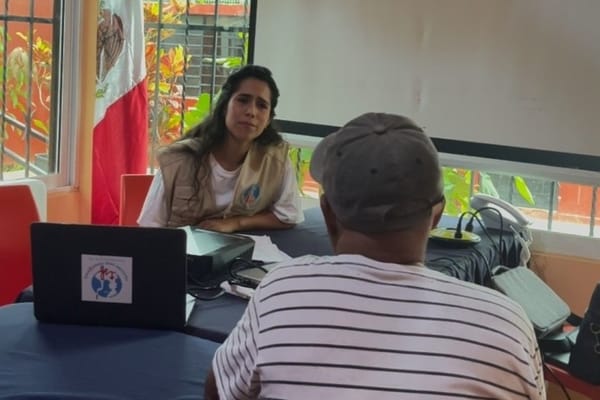

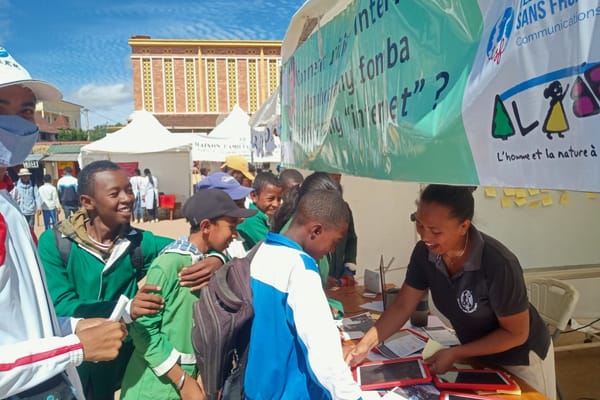
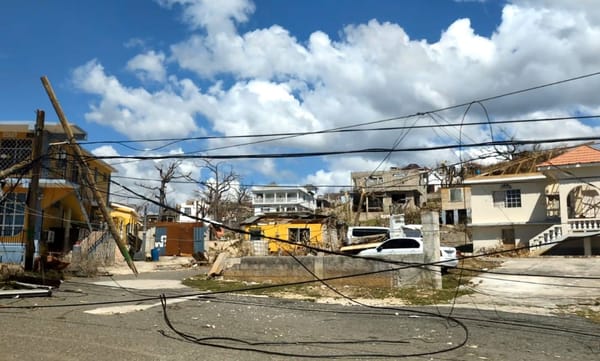
Member discussion